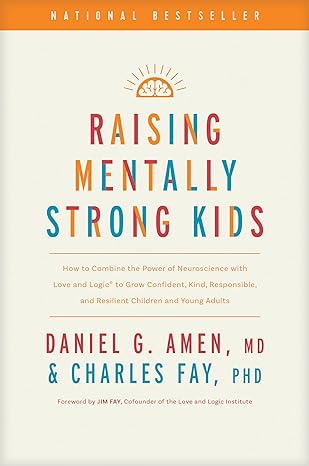Self-esteem is a fundamental pillar of a child’s well-being. It accompanies them throughout their lives and influences their relationships, choices, and successes. So, how can you help your child cultivate a positive self-image? Here are some keys to guiding them in this essential construction.
Understanding a child’s self-esteem
Self-esteem is a child’s perception of themselves. It’s a set of beliefs they develop over time about their abilities, qualities, and worth. It is influenced by many factors:
- Interactions with adults: Parents, teachers, and educators play a key role in conveying positive or negative messages about the child to themselves.
- Successes and failures: Experiences, successes, and failures shape a child’s perception of their abilities.
- Comparisons with others: Children often compare themselves to other children, which can either strengthen or diminish their self-esteem.
- Personal characteristics: A child’s temperament, talents, and difficulties also influence their self-image.

How to foster healthy self-esteem in a child?
- A supportive and safe environment:
- Unconditional love: Show your child that you love them for who they are, regardless of their mistakes.
- Active listening: Give them time to express themselves and show them that you’re listening attentively.
- Validation of their emotions: Accept and name their emotions, whether positive or negative.
- Clear and consistent boundaries: Establish clear rules and enforce them consistently.
- Encouragement and praise:
- Value efforts: Praise them not only for their successes, but also for their efforts.
- Be specific: Instead of saying “you’re smart,” say “you found a very creative solution to this problem.”
- Celebrate small victories: Every progress, no matter how small, deserves recognition.
- Autonomy and responsibilities:
- Give choices: Let them have opportunities to make age-appropriate choices.
- Give them responsibilities: Assign them tasks that are suited to their abilities.
- Celebrate their independence: Encourage them to become more and more independent.
- Encouraging self-expression:
- Creativity: Support their creative activities, such as drawing, music, or writing.
- Communication: Encourage them to express their thoughts and feelings.
- Curiosity: Stimulate their curiosity and answer their questions patiently.
- Positive social relationships:
- Encourage interactions: Encourage them to play with other children.
- Resolve conflicts: Help them develop social skills to resolve conflicts constructively.
- Model healthy relationships: Show them how to maintain positive relationships with others.
- Accepting mistakes:
- Making mistakes is human: Show them that mistakes are part of learning.
- Turn failures into opportunities: Help them learn from their experiences.
In conclusion
Developing healthy self-esteem in a child is a process that requires time and patience. By creating a supportive environment, encouraging them, and trusting them, you will help them build a positive self-image. Remember that each child is unique and that everyone’s needs are different. Adapt your approach based on your child’s personality and needs.












No Comment! Be the first one.